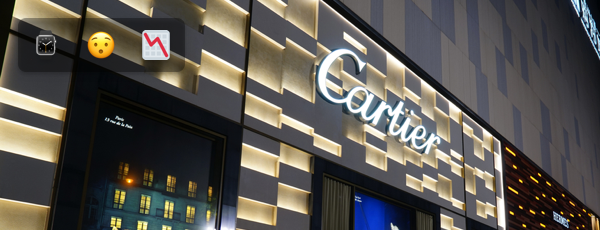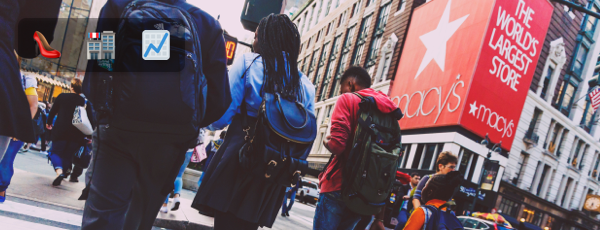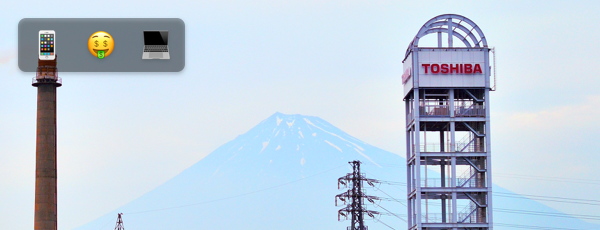
Image source:
What's going on?
On Friday, Richemont (the world’s largest luxury watch and jewelry company and owner of the Cartier brand) failed to sparkle with its full year results � and its shares slid by 5%.
What does this mean?
Growth in luxury watch sales has been volatile over the last few years as shoppers have become more picky and some younger consumers have shied away from luxury watches in favor of smartwatches. As time ticks by on unsold watches, luxury brands are buying them back from retailers to stop shady folks getting their hands on them and selling them on the cheap. This has left a hefty dent in profits � Richemont spent $160 million buying back old watches last year.
Why should I care?
For you personally: Getting blinged up still won’t come cheap.
Shops having lots of old, unsold stuff usually means one things for consumers: a great bargain. But Richemont’s buyback of watches means you�ll struggle to get your hands on a discount Cartier. Although costly, this may still make sense for the company, since its business relies on strong and exclusive brands. Richemont would likely prefer a watch not sold at all than let it go for half price since it has taken over 170 years for Cartier to get to where it is today � selling $20,000 watches.
The bigger picture: Chinese consumer spending is outstripping the rest of the world.
The Chinese love bling! Richemont�s Chinese business still grew double digits for the year � benefitting from the same trend as the likes of Puma and Gucci. The story around the rest of the world, however, isn�t quite as bright.
Originally posted as part of the Finimize daily email.
The top 2 financial news stories in 3 minutes. Join over one million Finimizers





